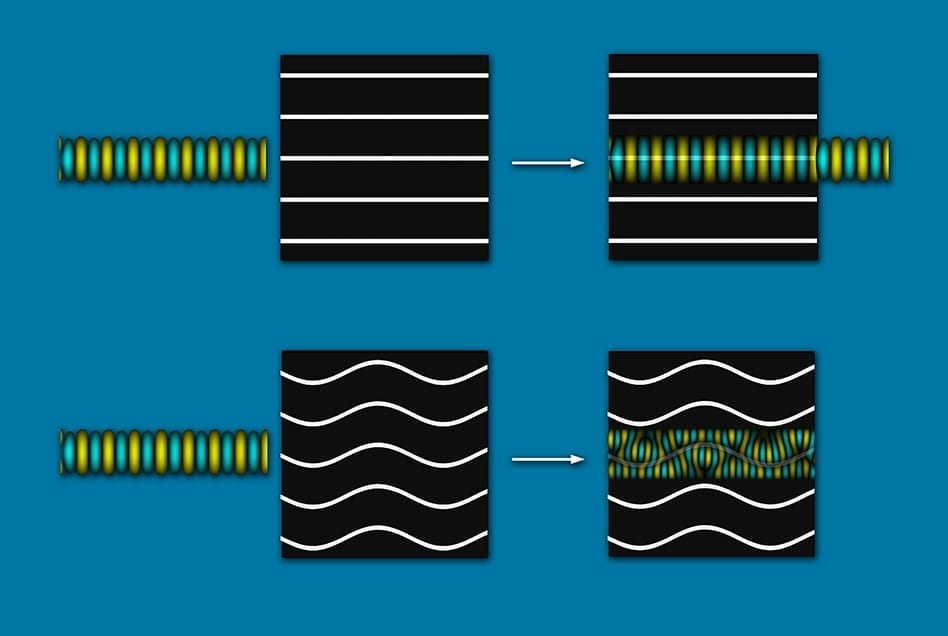
A research team, led by Craig Venter of America’s J. Craig Venter Institute (JVCI),
has successfully produced the first self-replicating, synthetic bacterial cell. Called Mycoplasma mycoides JCVI-syn1.0 the synthetic cell is the proof of principle that genomes can be designed in the computer, chemically made in the laboratory and transplanted into a recipient cell to produce a new self-replicating cell controlled only by the synthetic genome. The resulting bacterium could be regarded as the first truly synthetic organism. The researchers now hope to be able to explore the machinery of life, and to engineer bacteria designed for specific purposes such as producing drugs, biofuels or other useful chemicals.
“This is the first synthetic cell that’s been made, and we call it synthetic because the cell is totally derived from a synthetic chromosome, made with four bottles of chemicals on a chemical synthesizer, starting with information in a computer,” said Venter. “This becomes a very powerful tool for trying to design what we want biology to do. We have a wide range of applications [in mind].”
Related articles by Zemanta
- Scientists create a living organism (cnn.com)
- Self-Replicating Synthetic Life (scienceroll.com)
- First Synthetic, Self-Replicating Cell Created With Computers (treehugger.com)








![Reblog this post [with Zemanta]](http://img.zemanta.com/reblog_b.png?x-id=2b58cfcd-2c0a-4ea9-9cf1-323bffee0f9b)
